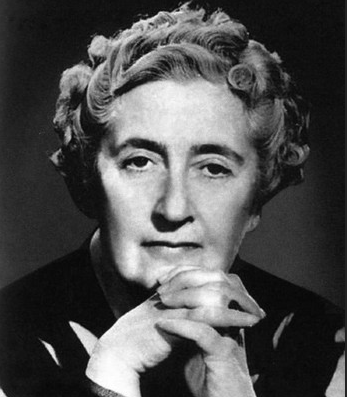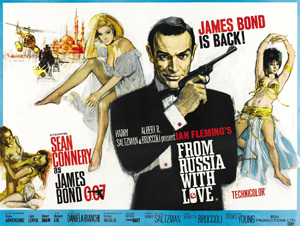Anthony Burgess once remarked that the Elizabethan Age was word-drunk – Shakespeare, Marlowe, Spenser, Sir Philip Sidney, Ben Jonson, Thomas Nashe (“an upstart crow”) – and as it spilled into the next century, the Book of Common Prayer published in 1604, the King James Bible in 1611, and the First Folio in 1623, we recognize the shaping of the English language into a modern tongue, a vernacular for the commons, in its meaning of the community at large.
What we see, in literature, politics, and religion, is a leveling effect. Not that the language becomes gross, or inexact; the reverse. It becomes more specific, and at the same time, includes more variety. The vocabulary expands beyond the cloisters, or the manners of court. In part, this is a function of class breakdown, the permeability of social and economic barriers: the collapse of feudalism. Also, the essential message of the Reformation is that you can have a personal relationship with God, independent of the interpretation of Scripture by the Church. There’s an obvious political message here, too. Your loyalty to any earthly power isn’t ordained, it isn’t written in stone, it derives from your consent.
I’d suggest that language – or more specifically, let’s say ‘usage’ – is an instrument of democratization. The term vernacular can be defined as indigenous, or local, such as a dialect; natural, or vulgar, or ordinary. In other words, a common manner of speech, in both senses: something everybody shares, or something you turn up your nose at.
Or perhaps there’s no real contradiction. My grandmother actually wrote a letter to R.J. Reynolds, back in the Bronze Age, complaining about their slogan, “Winston tastes good, like a cigarette should.” Amazingly, somebody in PR actually wrote her back, saying basically that their target audience wasn’t grammar-adjacent, so suck it up.
This is the Bad Money Drives Out Good argument, and I’m not sure I’m on board with it. Chandler, in The Simple Art of Murder, remarks that Hammett took murder out of the drawing room and dropped it in the street.
He goes on to say a number of other things, some of which I disagree
with, but his point is that the supposed gentlefolk of the English country
house were given the bum’s rush, and the effete Philo Vances were shouldered
out of the queue by the more muscular and less fastidious Sam Spade, or the
Continental Op. It’s an exaggeration, and
the hard-boiled and the cozy still keep company, but
It’s no secret, either, that Chandler wasn’t a big fan of Mickey Spillane, and he clearly feels Spillane is pandering to the market, the brutality, the contempt for women, the furious, feverish psychological dream landscape, but at the same time, Chandler recognizes the inevitability.
This is an old conversation. The more accessible literature becomes, or citizenship, or Holy Communion, is the mystery cheapened, or diluted? For the previous initiates, yes. The literate, the propertied, the baptized – the chosen ones. Who wants to give up the secrets of a fellowship that sets you apart? By definition, it excludes the other, the unwashed, the unread, the unholy. We make it too easy for them. They should have to jump insuperable hurdles, rehearse impenetrable, Talmudic catechisms. Once you open books to these people, libraries of knowledge, you no longer hold the keys. You lose the power of voice.
Mickey Spillane, in any case, is fish in a barrel. I happen to like Spillane (“How could you?” “It was easy”), but you can
understand how
We see something similar in science fiction and fantasy over the last, say, thirty to forty years. There was very much a time when it was boy’s club, and pretty much white boys, too.
Alice Sheldon published as James Tiptree, under the probably accurate assumption that SF readers wouldn’t buy stories by a girl. The community is notoriously cranky and hidebound, for all that they’re supposed to be looking to the future.
Ursula Le Guin made waves with The Left Hand of Darkness (ambiguous genders), and then along comes Chip Delany, not only colored, but queer. Sakes alive, the pearls that got clutched.
The lesson would appear to be, that opening the door to opportunity doesn’t water the whiskey. Our literature, our world, is reinvigorated, even reinvented. This is the purpose of a living language. It undermines orthodoxy, and in an Age of Lies, we could use a few choice words.
































